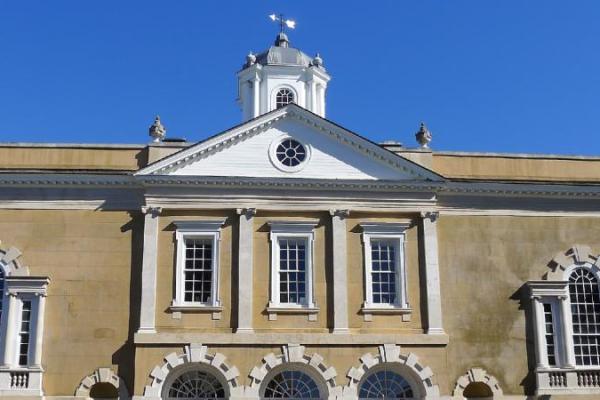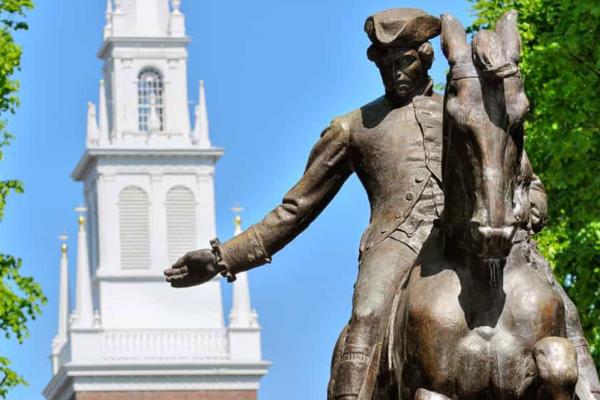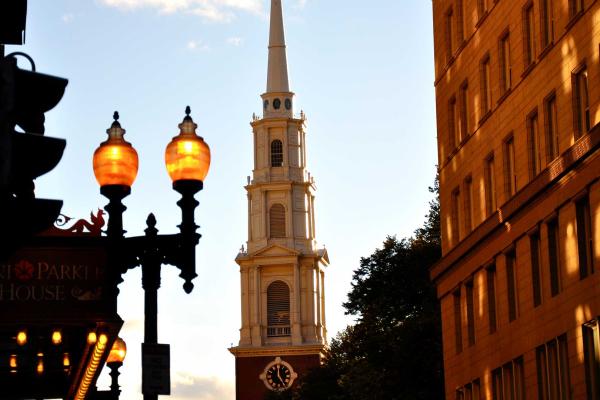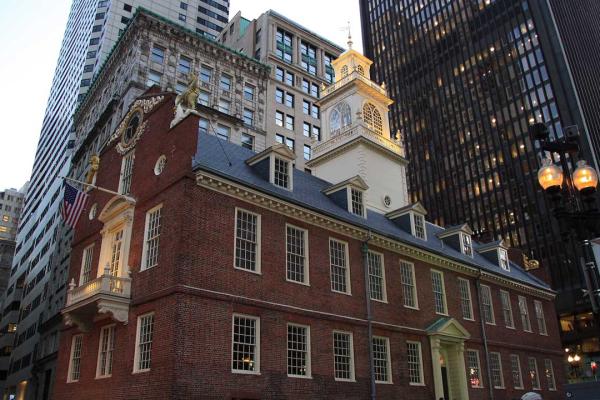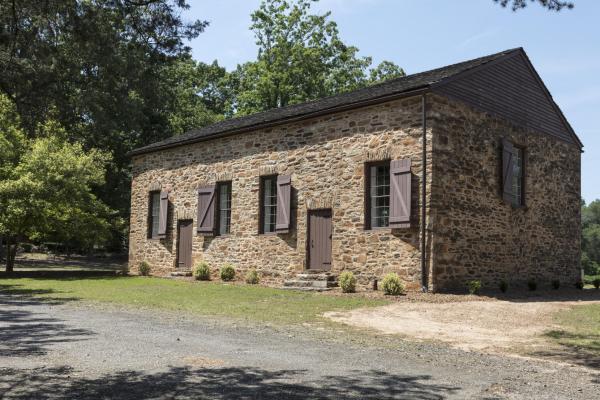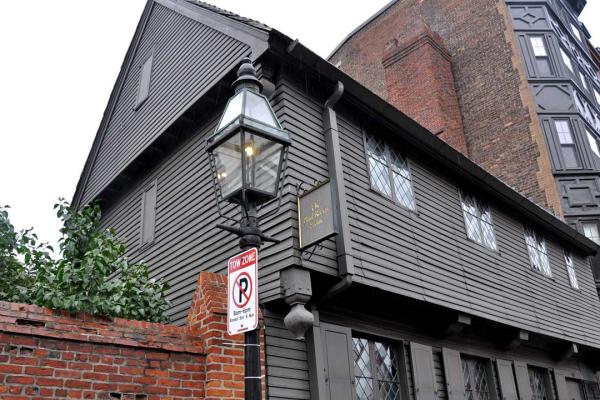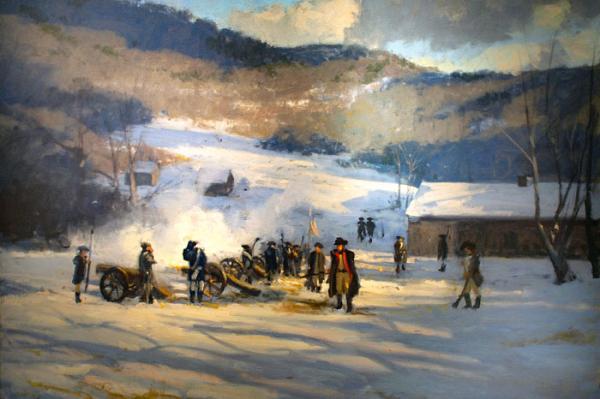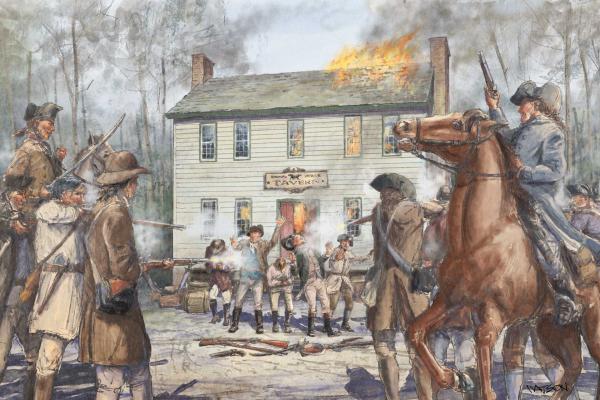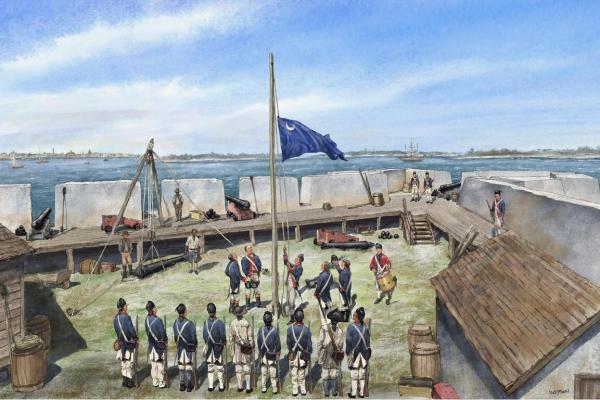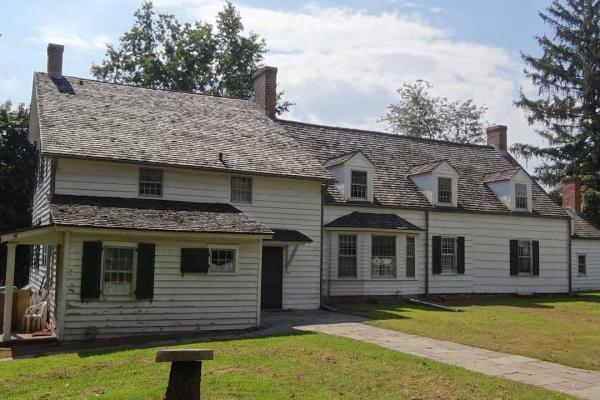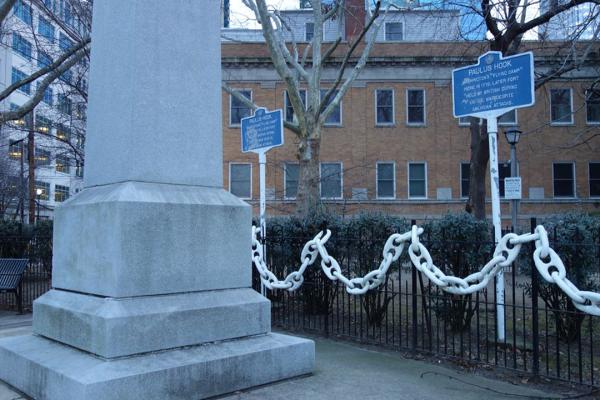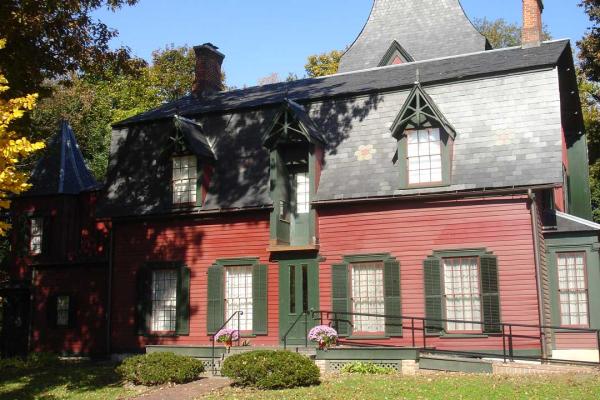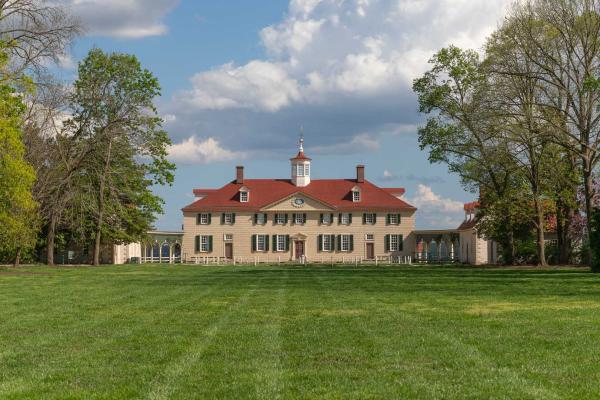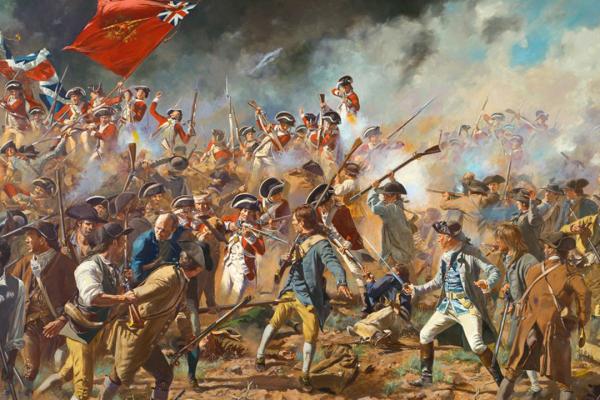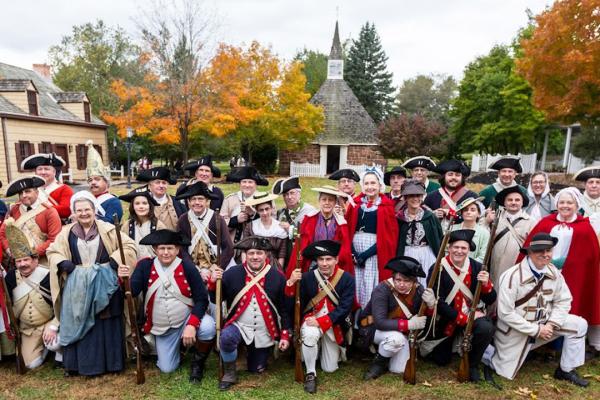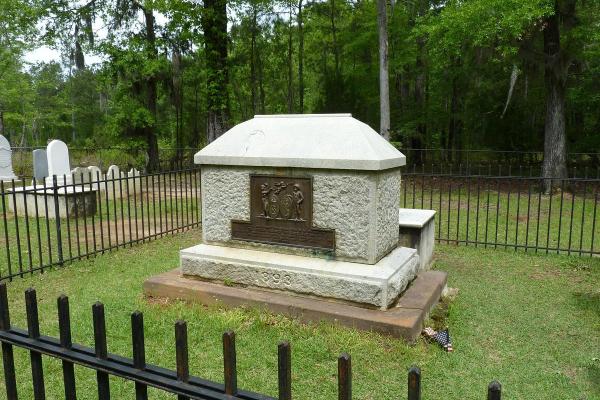Completed in 1771, the Old Exchange Building is a Charleston landmark and the site of some of the most important events in South Carolina history...
The oldest standing church in Boston, it once signaled lookouts in Charlestown, which triggered Paul Revere's famous ride to alert militia of the...
Old Santee Canal Park hosts the Berkeley County Museum and Fort Fair Lawn, where in 1780, the British attacked the Patriot army stationed at Monck’s...
Frequented by many influential figures in Boston's revolutionary history, the Old South Meeting House served as a place of public discourse that...
One of the oldest public buildings in the United States, the Old State House was the seat of government in Massachusetts leading up to the Revolution...
Nestled outside the traditional bounds of the South Carolina colony is the Presbyterian church where Andrew Pickens committed his time as an elder...
One of the oldest residential buildings in Boston, this structure was once the home of one-and-only Paul Revere, an avid member of the Sons of Liberty...
Nestled in the sloping mountains of New Jersey, the birthplace of American military academies can be found. Initially a part of a winter encampment...

- parking
- accessible_parking
- wheelchair_accessible
- restrooms
- wifi

- restrooms
- wheelchair_accessible

- parking
- accessible_parking
- wheelchair_accessible
- restrooms

- parking
- accessible_parking
- wheelchair_accessible
- restrooms

- parking
- accessible_parking
- wheelchair_accessible
- pet_friendly

- parking
- accessible_parking
- wheelchair_accessible
- pet_friendly

- parking
- accessible_parking
- wheelchair_accessible
- restrooms
- wifi

- parking
- accessible_parking
- wheelchair_accessible
- restrooms
- wifi

- parking
- accessible_parking
- wheelchair_accessible

- parking
- accessible_parking
- restrooms
- pet_friendly

- parking
- accessible_parking
- wheelchair_accessible
- restrooms

- parking
- accessible_parking
- wheelchair_accessible
- restrooms
- wifi

- parking
- accessible_parking
- wheelchair_accessible
- restrooms
- wifi

- parking
- restrooms
- wheelchair_accessible
Liberty Trail History Makers
The Revolutionary War was a war unlike any other — one of ideas and ideals, that shaped “the course of human events. Explore the history and personalities from this pivotal time in American history.Katy Barry, born Margaret Catherine Moore, played a crucial role as a messenger and spy for the American troops, earning her the title "Heroine of the Battle of Cowpens," and her legacy is preserved at Walnut Grove Manor in South Carolina.
Anthony Wayne, dubbed "Mad Anthony," was a bold Revolutionary War general, key in victories like Stony Point and Fallen Timbers. His fiery reputation earned him his nickname. He died in 1796 in Presque Isle, Pennsylvania.
A wealthy merchant and political leader from Massachusetts, Hancock was a key figure in the American Revolution, serving as president of the Second Continental Congress, signing the Declaration of Independence, and later serving as governor of Massachusetts.
Responsible for coining "Give me liberty or give me death!" Patrick Henry stood as one of the staunchest defenders of American independence in Virginia.

